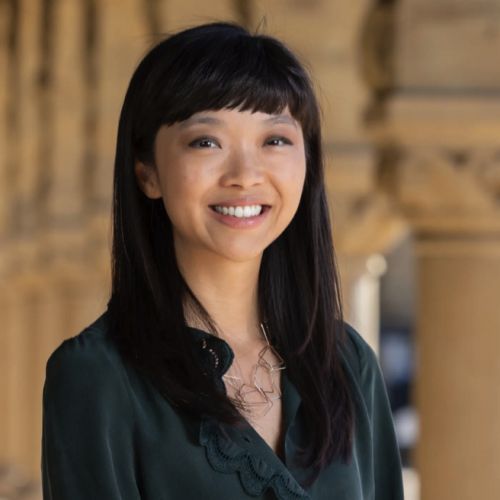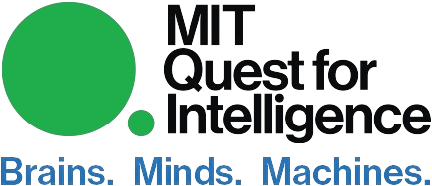
Talk Title: Cognitive tools for making the invisible visible
Abstract: In the 17th century, the Cartesian coordinate system was groundbreaking. It exposed the unity between algebra and geometry, accelerating the development of the math that took humans to the moon. It was not just another concept, but a cognitive tool that people could wield to express abstract ideas in visual form, thereby expanding their capacity to think and generate new insights about a variety of other problems. Research in my lab aims to uncover the psychological mechanisms that explain how humans have come to deploy these technologies in such innovative ways to learn, share knowledge, and create new things. In the first part of this talk, I will provide an overview of our work investigating drawing — one of humanity's most enduring and versatile tools. Across several empirical and computational studies, I’ll argue that drawing not only provides a window into how people perceive and understand the visual world, but also accelerates the ability to learn and communicate useful abstractions. In the second part of this talk, I will preview an emerging line of work in our lab investigating the cognitive foundations of data visualization — one of humanity's more recent inventions for making the invisible visible. I will close by noting the broader implications of embracing the continually expanding suite of cognitive tools for accelerating the development of new technologies for augmenting human intelligence.
Bio: Judy Fan is an Assistant Professor of Psychology at Stanford University. Research in her lab aims to reverse engineer the human cognitive toolkit, especially how people use physical representations of thought to learn, communicate, and solve problems. Towards this end, her lab employs converging approaches from cognitive science, computational neuroscience, and artificial intelligence. She held a previous faculty appointment at the University of California, San Diego, earned her PhD in Psychology from Princeton University, and received her AB in Neurobiology and Statistics from Harvard College.
